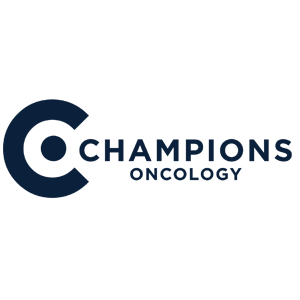Acute myeloid leukemia (AML) is the most common hematological malignancy found in acute leukemia patients. There is shown to be a strong genetic correlation to mechanisms of drug resistance/ sensitivity in AML. e.g.FMS-like tyrosine kinase 3 gene (FLT3) mutation occurs in about 30% of patients. In 2019, a phase 3 clinical trial suggested that gilteritinib treatment resulted in significantly longer survival than salvage chemotherapy in relapsed or refractory FLT3-mutated AML patients. Targeting FLT3-mutant (mut) in AML has become one of the important therapeutic strategies in this decade. Besides, TP53 mut, TET2 mut, and the overexpression of various drug-resistance genes were also reported as important biomarkers that impact the sensitivity of drug treatments.
Champions Oncology’s hematological VitroScreen platform provides user with a powerful and cost-friendly option to screen the performance of new FLT3 inhibitors or other novel anti-neoplastic test agents. In addition, the Lumin platform integrates Champions’ tumor model multi-omic data and public datasets in one accessible platform for model selection and data interpretation. We can apply the system biological method to categorize and design the test groups and predict the therapeutic outcome.
In this Poster QuickTake, we take a deep dive into the systemic analysis of gene mutations and therapeutic efficacy using the ex vivo hematological VitroScreen platform.
 Presented by
Presented by